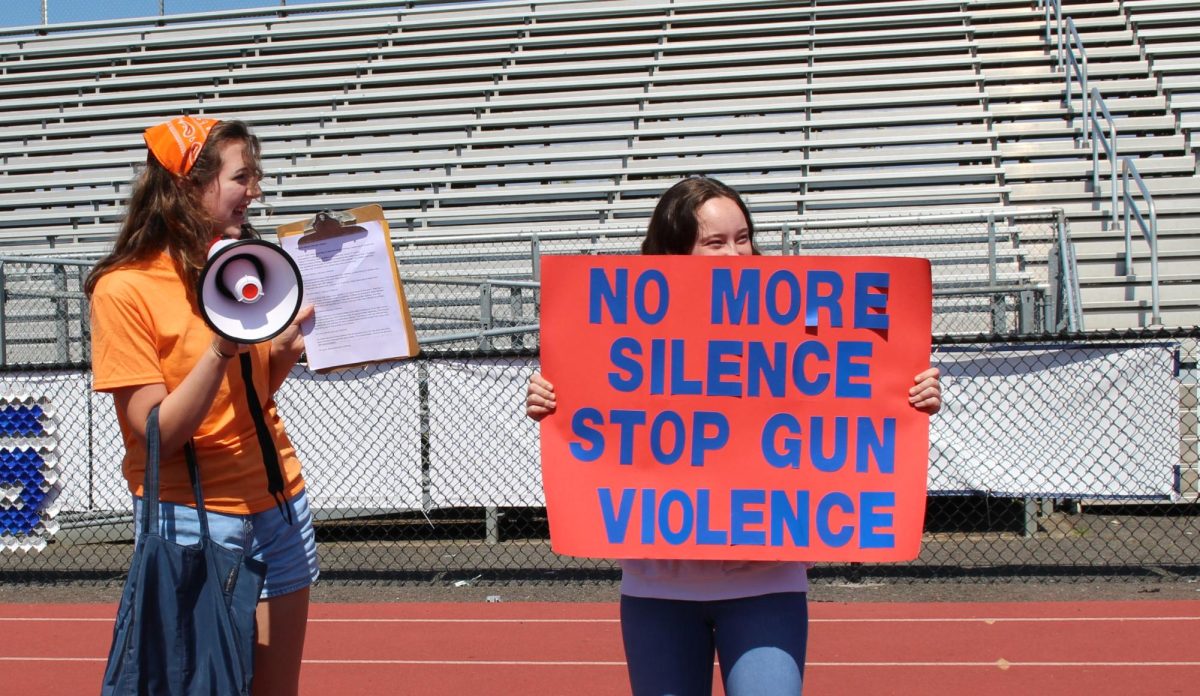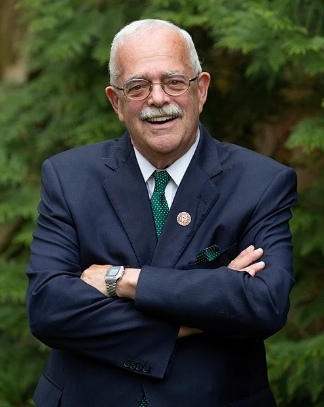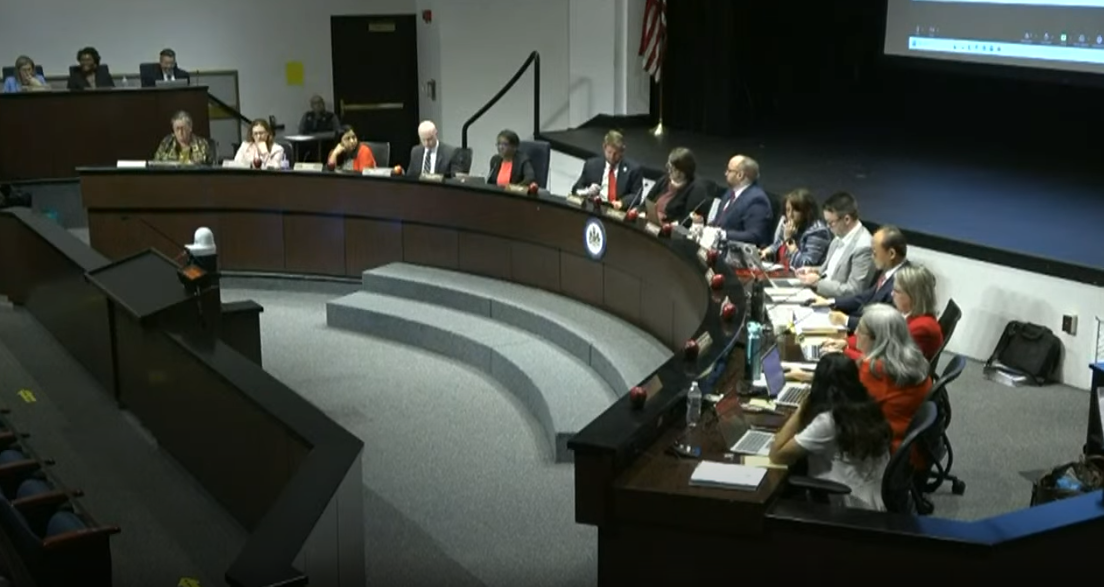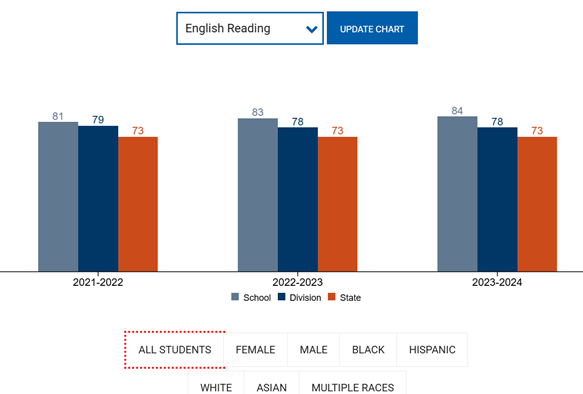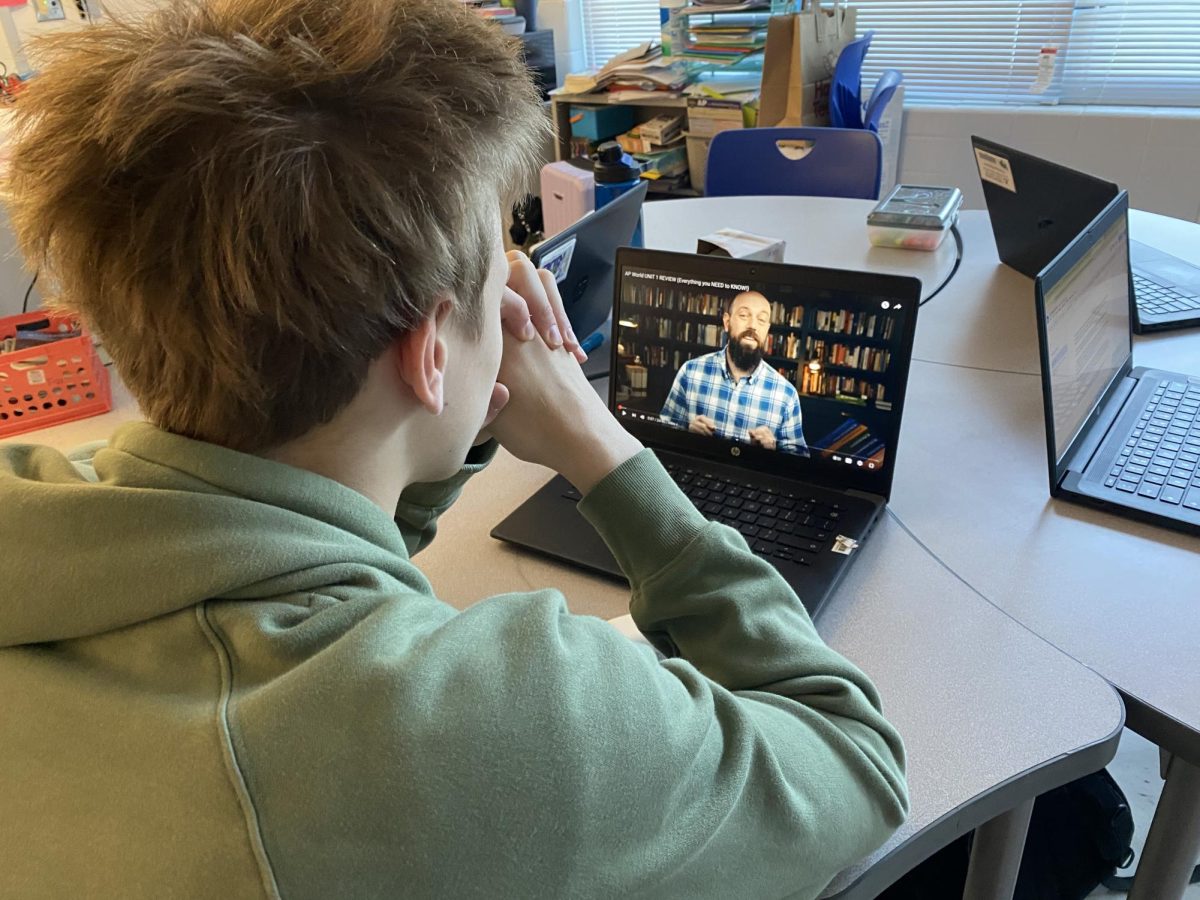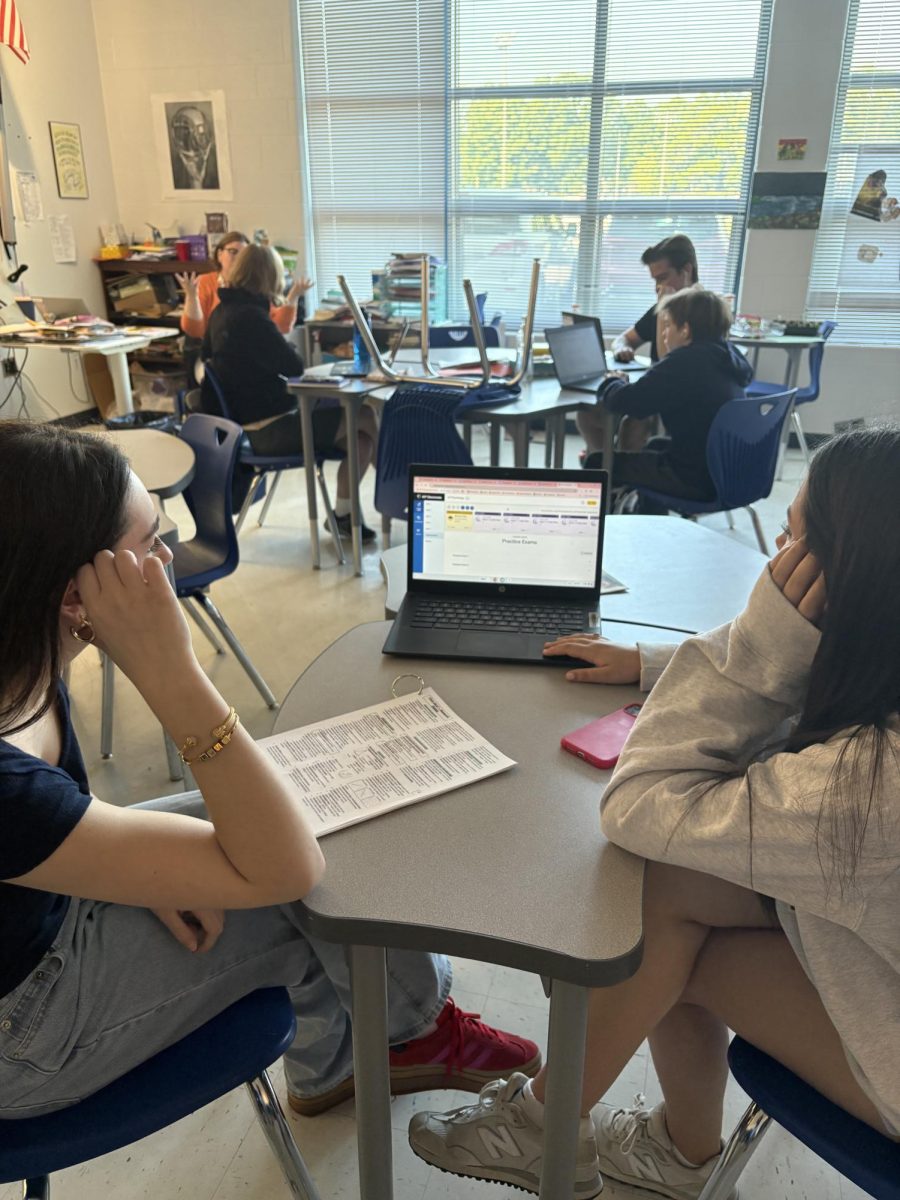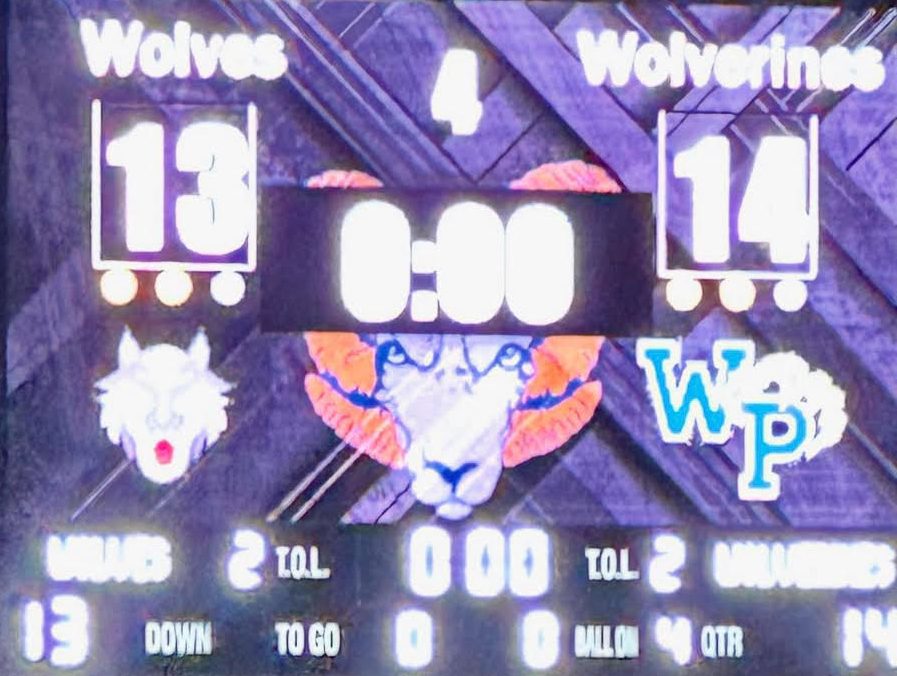“Student 2 Student”: A New Perspective of the Military Population at West Potomac
A look into the lives of the school’s ‘military brats’ and how they stay strong and stick together in a big school.
November 19, 2014
Northern Virginia is home to a large military and federal government population due to its close proximity to the nation’s capital and military bases scattered throughout the area. Military families are constantly being stationed to Fairfax County’s Fort Belvoir army base every year, currently at just over 50,000 employees and 7,000 residents in base housing.
Overcrowding is not an uncommon issue in the majority of Fairfax County public schools, especially in its high schools. The increase in military population adds a unique experience for both new students and the school community, as new students can share their eclectic experiences and the school community can offer their support and inclusiveness. But the question still remains: does the school show enough support for our military students and their families?
First Lady Michelle Obama visited Hayfield Secondary School in January 2012 as a part of her campaign to show support for children with parents in the military. Accompanying her during the presentation was the cast of the popular kids’ TV series iCarly, who presented the students a new episode featuring the First Lady in a storyline involving military kids.
After the screening, the First Lady conducted a Q&A session and gave a speech reassuring military children that their country appreciates their parents’ service to their country. She addressed the friends of children with military families and encouraged them to be sensitive to their situation along with being supportive.
The First Lady’s visit to Hayfield was important to Fairfax County’s military population. It drew a substantial amount of attention to the military population of the large county, which is rooted in 196 schools in total, 22 of them high schools.
Almost three years later, the military population has grown–and schools all over the county are seeing a huge trend in overcrowding problems. West Potomac currently provides education to over 2,500 students in its 2014-15 school year, in a building originally meant for around 2,000 students. It is important that the school still recognizes and caters to the special situations and circumstances that arise as a result of the unpredictability of military life.
Sophomore Carinne Cousine, born into an Air Force/Air National Guard family, has moved several times in her lifetime. While she is not new to West Potomac this year, she has only lived in Alexandria since November 2011. She explained her situation and how she feels about constantly moving across the country and overseas. “I’ve moved so much I’m used to adapting and getting used to new people,” she began. “I never felt left out or anything.”
“We moved to Germany, then to Chile, Texas, Colorado, Arizona, and right now we’re in Virginia.” she explained. She then brushes off any negative connotation that might come to the term “military brat.” “No, it doesn’t offend me,” she said. “It’s a common term. I consider myself a military brat. It just means your family’s in the military and you move a lot, adapting to different cultures and so on.”
“As far as [support for military kids], I haven’t really seen stuff like that at the school. I haven’t really seen any programs or anything.”
As a self-proclaimed military brat with an extensive travel record, Cousine noted the lack of school support for students like her–whether it be programs, presentations, or organizations that specialize in the school’s military population. “As far as [support for military kids], I haven’t really seen stuff like that at the school. I haven’t really seen any programs or anything.”
While Cousine has never experienced exclusivity or being left out at any point in the time she’s moved, she talked about how hard it is to move constantly and the importance of making friends. “I’ve gotten used to it but I don’t really like it. I don’t really like leaving people, having to make friends again,” she observed. “I can leave friends if it’s a short period of time; it doesn’t matter as much. But if it’s over two years, you kinda don’t wanna leave people behind. If I were to leave [West Potomac] now I’d be very upset.” Fortunately, however, she mentioned that she will stay at the school until she graduates in 2017.
Juniors Alyssa Pierson and Michael Curtin are doing something about the lack of support for the growing military population at WestPo. The two are hoping to start the “Student 2 Student” program, a program founded by the Military Child Education Coalition to provide “quality educational opportunities for all military-connected children.”
As Navy brats, both Pierson and Curtin have extensive travel records as well, moving back and forth across the country, struggling to even remember the number off the top of their heads. “It’s nice to know who else is military so you can stick together,” says Pierson. “It’s good to have the support of other people.”
Pierson believes that WestPo is a welcoming school community, saying that when her sister was a senior here, that everyone was good at getting her to her classes and meeting new people. Pierson says it’s “cool” to be a military brat and definitely considers herself one. “That’s who you are and it’s fun to be in that group of people. We know how people feel when they come into a big school… we want to help military kids feel welcome.”
“We know how people feel when they come into a big school… we want to help military kids feel welcome.”
As for Student 2 Student, the two met with their counselor to get the program started. “It’s all about giving [military kids] a place to get into easily.” says Curtin. “Having people they can really talk to. I’ve had experience moving where they treat military kids very different. I think it’d be easier to have a culture of acceptance at the school.”
Curtin does not call himself a military brat, but he says he definitely fits in the category. “We hope to help military students feel welcome. Help with the transition, help with any questions about teachers, classes.” Pierson adds. When asked why they decided to start the program at the school, the two juniors had similar responses. “We know how people feel when they come into a big school,” they both replied. “We want to help military kids feel welcome.”

